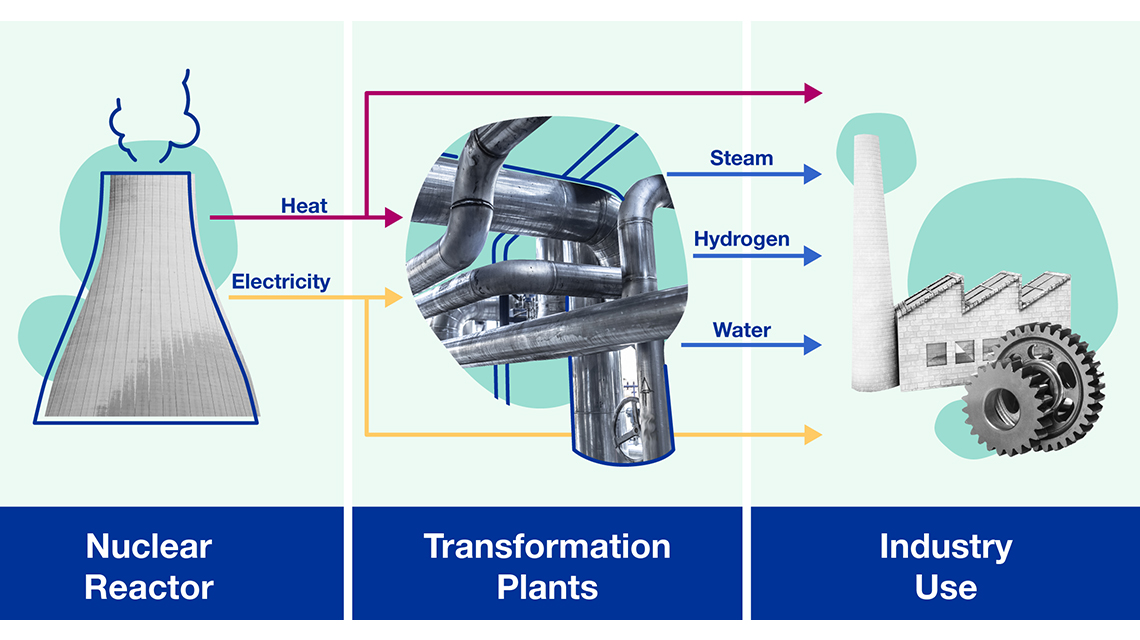The Allure of Free Energy
The term “fuelless generator” can be misleading. No machine can truly create energy out of thin air. However, some devices convert renewable energy sources like sunlight, wind, or flowing water into electricity. These are essentially well-established renewable energy technologies like solar panels, wind turbines, and hydroelectric dams, but with a catchier name.
Beyond Renewables: The Quest for Perpetual Motion
The internet buzz often surrounds perpetual motion machines disguised as fuelless generators. These machines claim to defy the laws of thermodynamics, generating more energy than they consume. However, these claims are demonstrably false. Scientists and engineers have debunked such perpetual motion machines for centuries. Energy can neither be created nor destroyed, only transformed.

So, What Are True Fuelless Generators?
There are two main categories of devices that can be considered true fuelless generators, with significant distinctions:
- Renewable Energy Converters: These are established technologies that capture and convert energy from the environment.
- Solar panels utilize the photovoltaic effect, converting sunlight directly into electricity.
- Wind turbines harness the wind’s kinetic energy to spin blades, which in turn rotate a shaft connected to a generator, producing electricity.
- Hydroelectric dams capture the potential energy of moving water, converting it into electricity as the water flows through turbines.
- Emerging Technologies: A small but active research field explores alternative energy conversion methods. These are still in their early stages and often lack proven scalability or efficiency.
- Magnetic motors explore the use of permanent magnets to create continuous motion, potentially driving electricity generation. However, these often rely on an initial energy input to overcome friction and maintain movement.
- Zero-point energy devices attempt to extract energy from the quantum vacuum, a theoretical concept with significant scientific hurdles.
Important Considerations for True Fuelless Generators
When evaluating fuelless generators, several factors need careful consideration:
- Renewable Energy Sources: While environmentally friendly, renewable energy sources are intermittent. Solar panels don’t work at night, wind turbines rely on wind speed, and hydroelectric dams depend on sufficient water flow. Storage solutions like batteries are crucial to ensure consistent power delivery.
- Efficiency: The amount of usable electricity generated compared to the input energy source is a critical factor.
- Cost and Scalability: Current renewable energy technologies have become more cost-effective but still require significant upfront investment. Large-scale implementation can be complex and requires infrastructure development.
- Emerging Technologies: The potential of emerging technologies like magnetic motors is yet to be fully realized. Scientific scrutiny and rigorous testing are necessary to assess their feasibility and efficiency.
Fuelless Generators: A Promising Path, Not a Magic Bullet
Fuelless generators, in the form of established renewable energy technologies, are a vital step towards a sustainable future. They offer environmentally friendly power generation and reduce our reliance on fossil fuels. However, they are not a one-size-fits-all solution.
Understanding the limitations of intermittency, efficiency, and cost is crucial. Research into emerging technologies holds promise, but significant hurdles remain before they become viable alternatives.
The Takeaway
The concept of a fuelless generator is captivating, but it’s important to move beyond the hype. True fuelless generators, based on established renewable energy technologies, are a powerful tool in our fight against climate change. However, they require careful planning, infrastructure development, and storage solutions. Emerging technologies have the potential to revolutionize energy generation, but scientific rigor and critical evaluation are essential before they become mainstream.
The path towards a sustainable energy future lies in embracing a diverse portfolio of renewable energy sources, investing in research, and continuously improving efficiency and storage solutions. So, while a true perpetual motion machine may remain elusive, the potential of fuelless generators, based on sound scientific principles, continues to generate excitement for a cleaner and more sustainable future.
















Add Comment